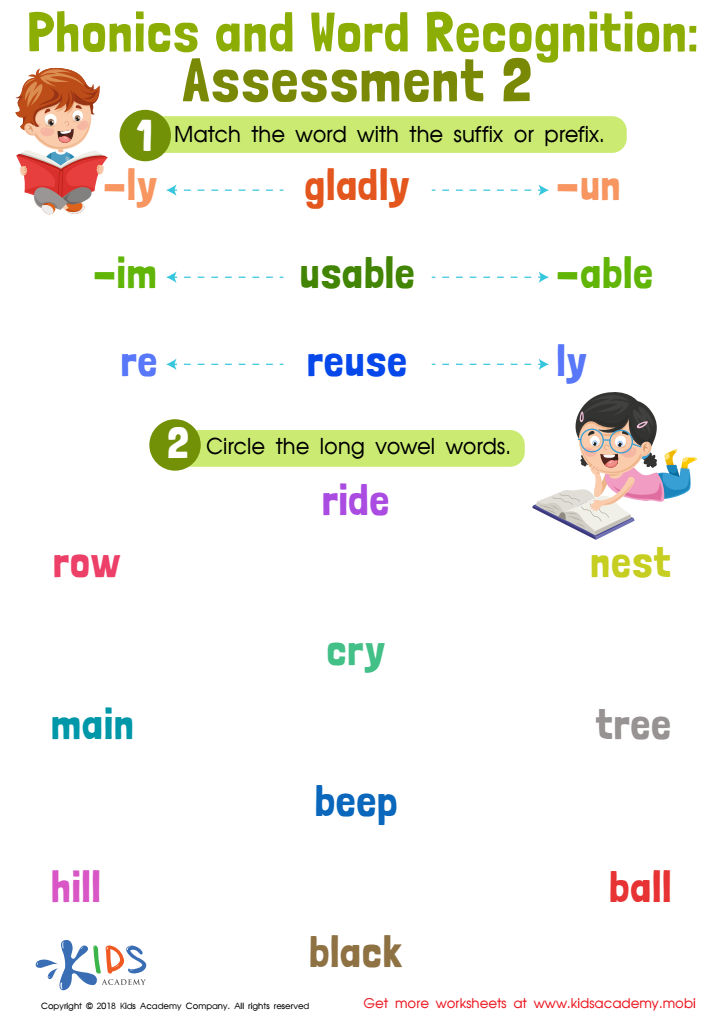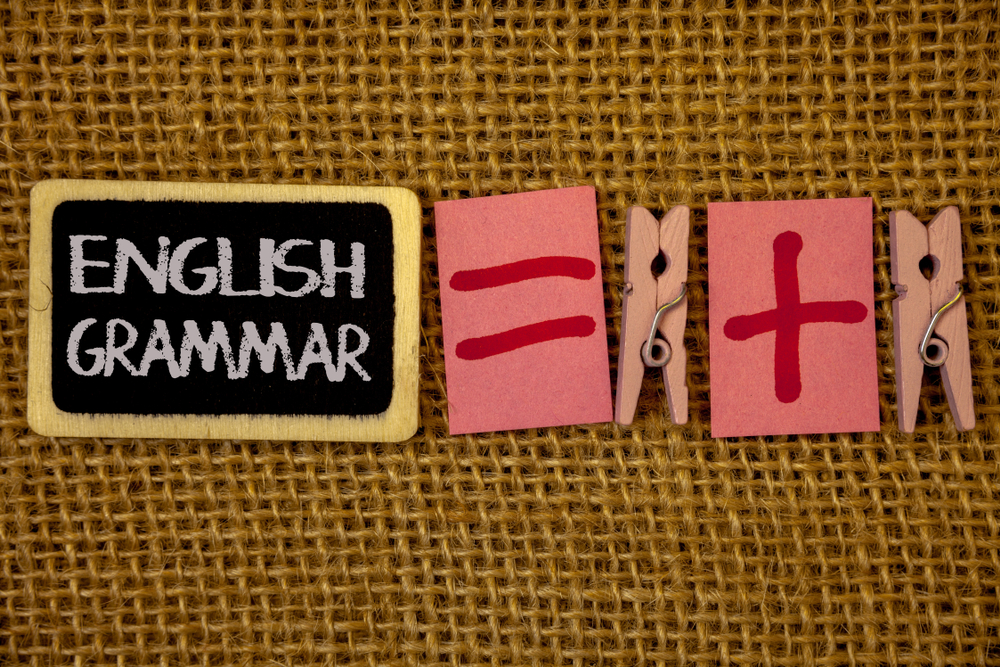Phonics worksheets activities for 8-Year-Olds
5 filtered results
-
From - To


Phonics and Word Recognition: Assessment 3 Worksheet


Phonics and Word Recognition: Assessment 1 Worksheet


Phonics and Word Recognition: Assessment 1 Worksheet


Phonics and Word Recognition: Assessment 2 Worksheet


Phonics and Word Recognition: Assessment 2
Phonics worksheets activities are an indispensable tool in the journey of learning to read and write. These activities are specifically designed to teach the relationship between sounds and the letters that represent them, which is a foundational aspect of mastering the English language. But why exactly are phonics worksheets activities so useful? Let’s delve into the reasons.
Firstly, phonics worksheets activities provide a structured approach to learning. They systematically introduce new sounds and letter combinations, allowing learners to build upon their knowledge gradually. This structured progression ensures that learners can confidently move from understanding simple letter sounds to decoding complex words, fostering a sense of achievement and encouraging continued learning.
Additionally, phonics worksheets activities cater to a variety of learning styles. Whether a learner prefers visual cues, hands-on practice, or repetition, there is a phonics worksheet that meets their needs. This versatility ensures that every learner, regardless of their preferred learning method, can benefit from these activities, making phonics an inclusive approach to literacy.
Another significant advantage of phonics worksheets activities is the opportunity for practice and reinforcement. Mastery in phonics, like any other skill, requires repetition. These worksheets provide ample opportunity for learners to practice new sounds, blend them into words, and eventually use them in reading and writing. This practice is crucial for cementing the relationship between sounds and letters in the learner's mind, leading to more fluent reading and writing.
Moreover, phonics worksheets activities often incorporate engaging elements such as games, puzzles, and colorful illustrations, making learning not only educational but also enjoyable. This playful approach helps to maintain the learner’s interest and motivation, making the learning process less of a chore and more of an exciting adventure.
In conclusion, phonics worksheets activities are invaluable in the realm of literacy education. They provide a structured, versatile, and engaging way to learn the fundamental skills of reading and writing, making them an essential tool for educators and learners alike.
 Assign to the classroom
Assign to the classroom












